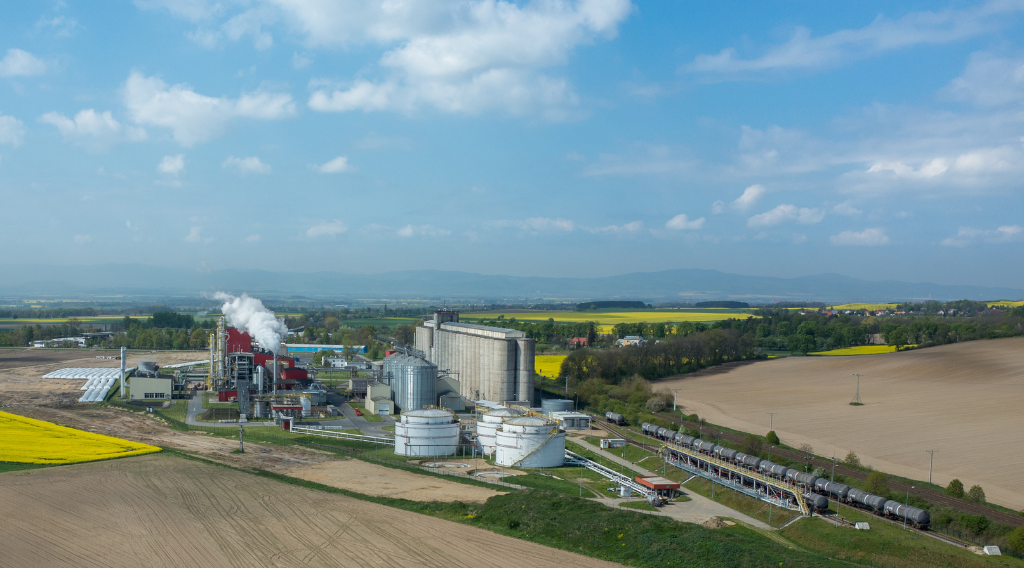
At the end of 2020, the Great Plains Institute and BlueGreen Alliance convened stakeholders across Minnesota to address the interrelated challenges of the economic impact of a global pandemic, longstanding racial disparities, and the urgent need to reduce greenhouse gas emissions. The group, Building Economic Resilience Through Clean Energy and Equity in Minnesota (BERCEE), brought together representatives from labor, energy, business, environmental organizations, tribal nations, and state and local governments. Continue reading »








